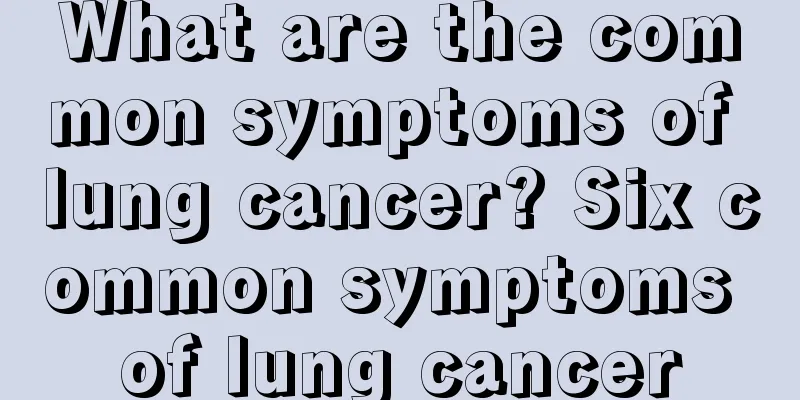Heart rate over 60

|
When a normal adult is at rest, their heart rate is often between 60 and 100 beats per minute. A domestic survey and research found that more and more young people are beginning to suspect that they have heart problems, to the point that some people already have heart rate problems. A heart rate of over 60 is normal, but it depends on what group it occurs in. The normal resting heart rate of an adult is between 60 and 100 beats per minute. A foreign study conducted a 26-year follow-up survey on people aged 35 to 84. The results showed that as the heart rate increased, the mortality rate showed a significant upward trend, especially in men. Of course, a slow heart rate is also not good for health. Human life span presents a U-shaped curve, that is, a heart rate that is lower than 50 beats/minute for a long time or higher than 80 beats/minute for a long time will increase the mortality rate. A large-scale sample survey in China also found that people with a fast heart rate have a shorter life expectancy than the average person. In comparison, people with a heart rate of 60 beats per minute live longer than those with a heart rate of 70 beats per minute, and people with a heart rate of 70 beats per minute live longer than those with a heart rate of 80 beats per minute. Long-term slow heart rate can cause the body to suffer from hypoxia and ischemia due to insufficient blood "pumped" by the heart. The compensatory ventricles speed up their movement to supply blood. Excessive ventricular movement can cause insufficient blood return. In severe cases, it can lead to sudden death, or even death in the sleep. Therefore, if the heart rate and pulse are less than 50 times, you should go to the hospital for a detailed examination to find out the cause. If it is pathological, a pacemaker should be installed to speed up the heart rate in severe cases. A fast heart rate can also shorten your life. Because the heartbeat is too fast, it is equivalent to quickly consuming the "total heartbeat amount" of the human body in a lifetime. Long-term tachycardia can lead to heart enlargement and heart failure. For those with a history of coronary heart disease, it can directly induce a coronary heart disease attack, thereby increasing the incidence and mortality of cardiovascular disease. Especially for patients with hypertension, the heart rate should not exceed 80 beats/minute. Once the heart rate exceeds 100 beats/minute, you should go to the hospital in time to find out the cause and receive treatment. If you want to slow down your heart rate, you should pay attention to reducing work pressure and mental burden. Obese people should lose weight, exercise more, eat a low-salt diet, quit smoking and drinking, etc. Pathological causes of a rapid heart rate include infection, fever, anemia, hyperthyroidism, heart failure, etc. These conditions require timely treatment. It should be reminded that people with high blood pressure, high blood sugar and high cholesterol must exercise moderately. If their heart rate cannot recover to below 100 beats per minute within 5 minutes after exercise, the intensity is too high. |
>>: I don't usually exercise but my heart rate is low
Recommend
How to use a steam iron
As the saying goes, clothes make the man, and sad...
The straighter this part of the human body is, the healthier the kidneys are.
Health preservation has always been a topic that ...
The efficacy of kiwi fruit
Kiwi is a common fruit, sour and sweet, and very ...
Acne treatment methods for middle school students
Everyone knows that today's middle school stu...
Urticaria caused by mosquito bites
Because the weather is hot in summer, many adults...
Can semen kill bacteria?
During sex, many men and women often have doubts ...
What is a normal heart rate after exercise
The heart is the engine of the human body. If we ...
Ankle ligament injury
There are ligaments in many parts of the human bo...
What medicine is good for cold and cough
Cold and cough are the most common symptoms in pe...
What to do if the tattoo cannot be washed off? They can help you
A suitable tattoo can create a more beautiful app...
Is colorectal cancer hereditary?
Colorectal cancer is a malignant tumor of the dig...
How much does minimally invasive surgery for gastric cancer cost
As we all know, gastric cancer is a malignant tum...
Will brain cancer cause the head to become bigger?
We are now living in a very stressful society. Wh...
What to do if orthodontic treatment causes crooked jaw
Some people have malocclusion, while others may h...
What should we do if parents hit their children?
A long time ago, it was very common for parents t...









